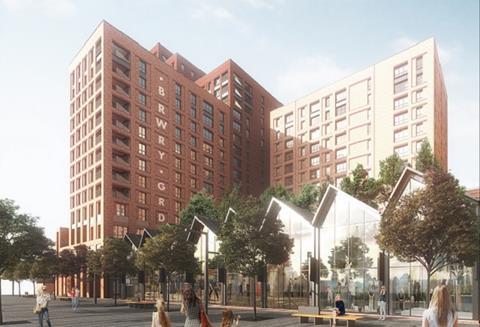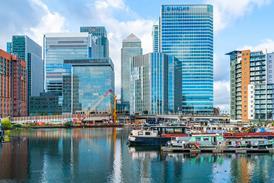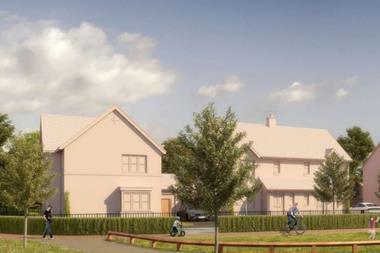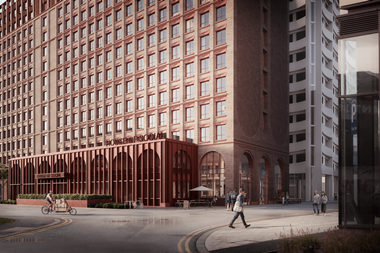The link between health - both physical and mental - and productivity is a simple one: The happier and healthier people are, the more productive they are. After all, if you’re feeling a bit down or under the weather, you’re not going to perform at your best.

While office providers cottoned onto this fact some time ago, the rest of the property industry, especially residential, is still playing catch-up, and so too is the government.
But health, and wellness more generally, is not something we can simply afford to ignore anymore or treat as an afterthought. As last week’s report by the Northern Health Science Alliance, a partnership between Northern universities and NHS hospital trusts, shows, improving health in our cities would go some way to boosting productivity, and in turn, help close the regional divide.
Despite strong economic growth in recent years, both health and productivity levels are significantly lower in the Northern Powerhouse than in the rest of the UK. Reducing health inequality would inject a massive £13.2bn into the UK economy every year, according to the Northern Health Science Alliance, with the Northern Powerhouse being a main beneficiary.
The property industry as a whole should be in the driving seat when it comes to improving health outcomes. By taking a more considered approach to development, we can build spaces and neighbourhoods that are conducive to mental and physical wellbeing.
This is a top priority for Prosperity Capital. Our landmark Manchester scheme, Old Brewery Gardens, has been designed and purpose-built with mental and physical wellbeing in mind. The roof terraces at Old Brewery Gardens, for instance, have been designed to host outdoor yoga lessons to help build healthy habits among our residents and forge happy communities.

Yet, what is outside buildings matters just as much as what is in them. Aspects, such as landscaped green spaces, need to prioritise accessibility and connectivity, encouraging residents and the wider public to walk through the site and to surrounding area. Recent research by Transport for London shows pedestrian and cyclist-friendly spaces can dramatically boost local businesses.
Going the extra mile when it comes to placemaking may incur a cost, but it shouldn’t be seen as one. It is a responsibility to provide for the community and can, when done well, galvanise a range of broader financial and economic benefits, such as higher retention rates, increased footfall and a hoard of happy residents and occupants that could halve your required marketing budget. Healthy, happy communities mean healthy, happy balance sheets.





























No comments yet